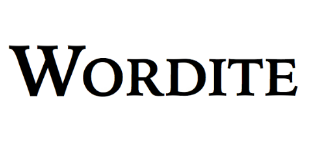dung - What does it mean?
'dung' hits on the web
You may have been searching for a specific social media @dung profile or the tag #dung
Definition of 'dung'Etymology 1
(etyl), from (etyl).
Noun
(uncountable) Manure; animal excrement.
* 1605 , , act III, scene iv, line 129
- Poor Tom, that eats the swimming frog, the toad, the todpole, the wall-newt, and the water; that in the fury of his heart, when the foul fiend rages, eats cow-dung for sallets; swallows the old rat and the ditch-dog; drinks the green mantle of the standing pool
* 1611 , Authorized King James Version , Malachi 2:3
- Behold, I will corrupt your seed, and spread dung' upon your faces, even the ' dung of your solemn feasts; and one shall take you away with it.
* 1882 , James Edwin Thorold Rogers, A History of Agriculture and Prices in England , volume 4, page 496
- The labourer at the dung cart is paid at 3d. or 4d. a day; and on one estate, Lullington, scattering dung is paid a 5d. the hundred heaps.
(countable) A type of manure, as from a particular species or type of animal.
Derived terms
* dung beetle
* dung fly
* dung fork
( rel-mid)
* dunghill
* dungy
( rel-bottom)
Verb
( en-verb)
To fertilize with dung.
- (Dryden)
(calico printing) To immerse or steep, as calico, in a bath of hot water containing cow dung, done to remove the superfluous mordant.
To void excrement.
Etymology 2
See
Verb
(head)
(obsolete)
Etymology 3
unknown
|
